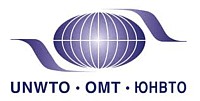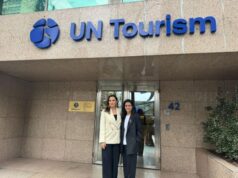 As normality returns to Egypt and Tunisia, UNWTO welcomes efforts by national authorities to restore confidence among tourists and by foreign governments to update travel advisories accordingly. Tourism is a central component of both countries’ economies and, as tourists begin to return, can play an important role in overall economic recovery.
As normality returns to Egypt and Tunisia, UNWTO welcomes efforts by national authorities to restore confidence among tourists and by foreign governments to update travel advisories accordingly. Tourism is a central component of both countries’ economies and, as tourists begin to return, can play an important role in overall economic recovery.
As the situation in both Egypt and Tunisian returns to normal, tourism stakeholders from the private and public sectors have reacted accordingly. Major tourism sites are open to the public, airlines have resumed flights, tour operators in many of the main source markets have restarted selling holidays and governments have updated their travel advisories to reflect the unfolding situation.
“As the situation has evolved over the past few weeks, I have been pleased to see that travel advisories have been kept accurate, confined to the affected areas and regularly updated,” said UNWTO Secretary-General, Taleb Rifai.
As the situation returns to normal, tourism – a highly resilient economic sector – will be among the first sectors to rebound and is therefore well-positioned to support the overall economic recovery. UNWTO is working with the relevant authorities to ensure a speedy bounce back and the upcoming travel trade fair, ITB, will be a good opportunity to consolidate these efforts,” he added.
Tourism has long been, and will continue to be, an integral part of the Egyptian and Tunisian national economies. International tourism receipts over GDP alone represent around 6% in Egypt and 10% in Tunisia. This share is even higher when the full tourism sector is considered, reaching as much as 11% in the case of Egypt.
Egypt reported 12 million international tourist arrivals in 2009 and preliminary results for 2010 are 14 million. In terms of international tourism receipts, the figures stand at around US$11 billion in 2009 and US$12.5 billion in 2010. Tunisia saw 7 million international tourist arrivals in 2009, generating US$3 billion.











